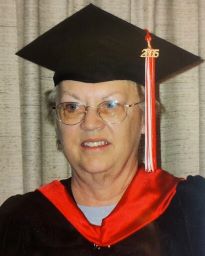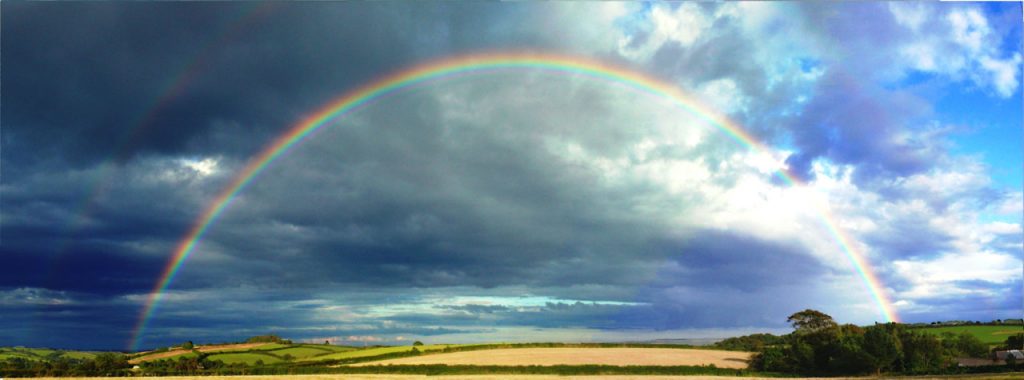Note: Today brings #ChangingPathsChallenge2024 to a close. Many thanks to Yvonne Aburrow for creating this challenge. It has been fun — if challenging at times — to create a post for each day this month. I look forward to doing more such challenges in the future. I hope you enjoy my final contribution to this challenge.
For those interested, I’ve also been blogging my way through Yvonne’s book, Changing Paths, on Fridays. Those who have enjoyed my posts for this challenge may want to check out that series as well.
On to today’s challenge topic.
To me, the future is undecided. That’s because I view the future as something that people — indeed all living things — are building together. Every choice we make and every action we take shapes the future and what the world will look like in that future. Personally, I look forward to seeing what that future and the world looks like as we continue the creation process.
Having said that, I am hopeful for the future. I believe that people are increasingly becoming more mindful about the kind of world they want to live in and what they can and need to do to help bring that world into existence. I am hopeful that our numbers will increase and that we will learn to cooperate and strategize together more effectively.
I also think that there will be challenges ahead. I suspect challenges will remain an ever-present reality. There will always be those who simply don’t care about living in or creating a better world. There will always be those whose idea of what a better world would look like is fundamentally different from my own. There will always be disagreements about the best way to create that better world.
As such, I know struggle will be a part of that process. We will have to fight. We will have to counter those who would force us to live in a world that we don’t think would be better at all. We will have to try to iron out differences of opinions on how to go about creating a better world, even among our compatriots and allies.
But ultimately, I believe that ongoing struggle will continue to pay off. We will continue to make progress with each effort and things will move towards the better world we envision, even if that movement is slower than a glacial pace. And I can be satisfied with that. After all, my job is not to reach the destination. My job is to help move us just a little bit closer to it. Future generations can take it from there.
In closing, I would like to give a shout-out and due credit to Andre Henry. His discussion of hope in his book, All the White Friends I Couldn’t Keep, greatly influenced my views in this matter. In fact, he said many of the things I said here first and much more eloquently.


